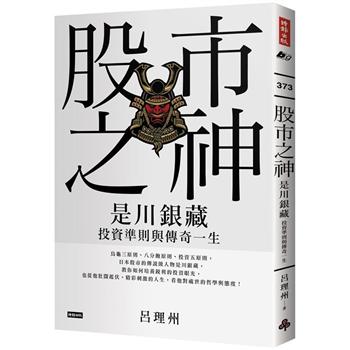In the aftermath of the French Revolution, "freedom" came to have a host of meanings. This volume examines these contested visions of freedom both inside and outside of revolutionary situations in the nineteenth century, as each author explores and interprets the development of nineteenth-century political culture in a particular national context. The common focus is the struggle in various countries to define, advance, or delimit freedom after the French Revolution. The introductory chapter evokes the problematic relationships between reform and revolution and introduces themes that appear in subsequent chapters, though each chapter is a free-standing interpretive essay. Among the issues addressed are the growth of the public sphere and associational movements; battles over constitutionalism, parliamentary institutions, and the franchise; the role of the state in inhibiting or expanding citizenship and the rule of law; the resort to violence by parties of order or parties of change; and the intrusion of new social questions or ethnic conflicts into the political arena.
| FindBook |
有 1 項符合
Revolution and the Meanings of Freedom in the Nineteenth Century的圖書 |
 |
Revolution and the Meanings of Freedom in the Nineteenth Century 作者:Woloch、Isser(EDT 出版社:Stanford University Press 出版日期:1996-10-01 語言:英文 規格:精裝 / 464頁 / 22.9 x 15.2 x 3 cm / 普通級 / 初版 |
| 圖書館借閱 |
| 國家圖書館 | 全國圖書書目資訊網 | 國立公共資訊圖書館 | 電子書服務平台 | MetaCat 跨館整合查詢 |
| 臺北市立圖書館 | 新北市立圖書館 | 基隆市公共圖書館 | 桃園市立圖書館 | 新竹縣公共圖書館 |
| 苗栗縣立圖書館 | 臺中市立圖書館 | 彰化縣公共圖書館 | 南投縣文化局 | 雲林縣公共圖書館 |
| 嘉義縣圖書館 | 臺南市立圖書館 | 高雄市立圖書館 | 屏東縣公共圖書館 | 宜蘭縣公共圖書館 |
| 花蓮縣文化局 | 臺東縣文化處 |
|
|
圖書介紹 - 資料來源:博客來 評分:
圖書名稱:Revolution and the Meanings of Freedom in the Nineteenth Century
What A Young Wife Ought To Know
Ride for Jakob
Heartbeat of Hope
Across the Atlantic: A Boy’s Journey from Ghana to America
Take Off the Bubble Wrap: Beyond Protection: Raising Independent, Resilient and Happy Kids
Hold The Line
Better Together, Built to Last
Midlife, Mayhem and Merlot
Building Your House of Harmony(TM): A Parent’s Blueprint to Cooperation, Respect, and Lasting Change
Discover & Grow 48 Week Workbook for 3 Year Olds
Ride for Jakob
Heartbeat of Hope
Across the Atlantic: A Boy’s Journey from Ghana to America
Take Off the Bubble Wrap: Beyond Protection: Raising Independent, Resilient and Happy Kids
Hold The Line
Better Together, Built to Last
Midlife, Mayhem and Merlot
Building Your House of Harmony(TM): A Parent’s Blueprint to Cooperation, Respect, and Lasting Change
Discover & Grow 48 Week Workbook for 3 Year Olds
|







